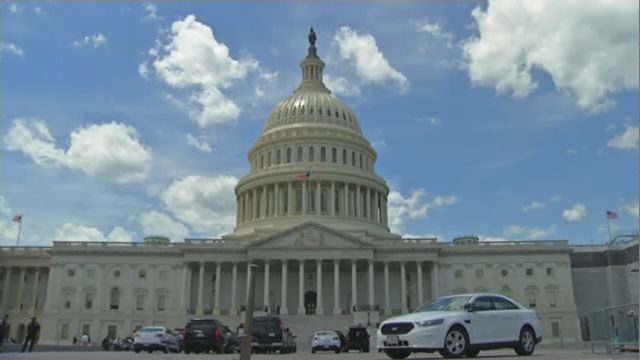WASHINGTON -- The U.S. House overwhelmingly passed a bill to deal with the opioid crisis Friday and sent it to the Senate.
- House passes opioid crisis bill 396 to 14
- Bill had bipartisan support
- Senate working on its own version
The measure, which passed 396 to 14, is considered the broadest of the bills that have gone through the chamber.
The bill is a package of dozens of individual House bills.
It includes several reforms, including:
- Removing restrictions on some anti-addiction medications
- Requiring health care workers to write electronic prescriptions for Medicare beneficiaries so they can better track the drugs
- Allowing Medicare to cover addiction treatment clinics
- Increase the maximum number of patients that health care workers can initially treat with medication-assisted treatment
- Expands programs to help increase detection and monitoring of fentanyl and other synthetic opioids
- Requires an initial exam of new Medicare enrollees to include an opioid use disorder screening
- Requires Medicaid cover medication-assisted treatment
Over the past two weeks, lawmakers voted on dozens of individual amendments.
The National Institute of Health estimates more than 115 Americans die each day as a result of overdosing on opioids.
"Every community, every demographic is affected," said Rep. Richard Hudson, R-North Carolina. "So this has fortunately been a very bipartisan effort, Democrats and Republicans working together to bring these solutions forward."
Some advocates question how impactful the bill will be. They argue it focuses too much on research and does not include enough funding to combat the opioid crisis.
The measure now heads to the Senate, which has been working on its own version.



